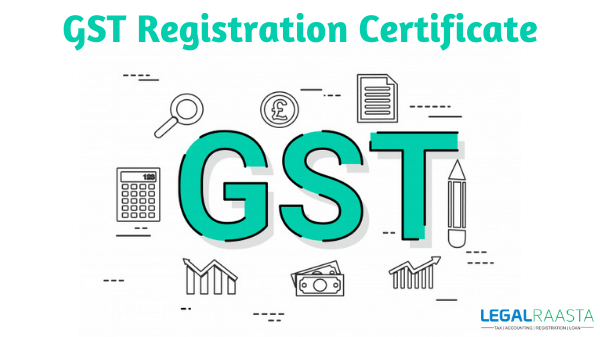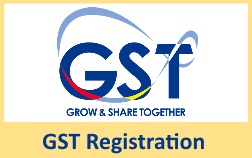Total Checklist for Efficient Singapore GST Registration
Wiki Article
Taking Full Advantage Of Tax Efficiency: Expert Tips on Browsing the GST Enrollment Puzzle for Small Companies
Browsing the complex landscape of Goods and Services Tax Obligation (GST) enrollment can be a labyrinthine task for small companies intending to optimize their tax obligation performance. Recognizing the eligibility criteria, careful paperwork needs, critical timing factors to consider, and adept registration procedure pointers can dramatically affect a company's financial standing. Compliance with GST laws is paramount, and sticking to ideal techniques can improve operations and protect against prospective pitfalls. In this discussion, we will certainly discover skilled insights and workable advice that can encourage small organizations to navigate the GST enrollment maze effectively and maximize their tax performance.Qualification Standards
Qualification demands for Small Business GST Registration encompass certain criteria that services should meet to comply with tax obligation policies. To qualify for GST enrollment, a service needs to have an annual turnover surpassing the threshold set by the tax authorities, which differs by country.
Documentation Needs
The called for documentation generally consists of evidence of organization enrollment or identity, address and unification proofs of the service proprietor, photos, financial institution account details, and evidence of the primary place of organization. Furthermore, businesses require to give details of their business tasks, consisting of the solutions or products supplied.Maintaining all essential documentation arranged and conveniently accessible can streamline the registration process and aid companies comply with the needs efficiently. Careful attention to detail and adherence to the documents guidelines are vital for an effective GST registration procedure for little services.
Timing Considerations
Considering the necessary documents needs have actually been carefully resolved, the following crucial element for small companies beginning on the GST registration process is the tactical management of timing considerations. Timing plays a pivotal duty in GST enrollment, impacting not just compliance yet additionally economic elements of the service. Little businesses require to thoroughly intend the timing of their GST enrollment to maximize benefits and minimize possible dangers.
Additionally, businesses must straighten the timing of their GST enrollment with their functional preparedness. Sufficient preparation, such as upgrading audit systems and training personnel, is necessary to effortlessly incorporate GST requirements into daily operations. By strategically managing timing considerations, local business can navigate the GST registration procedure efficiently and maximize their tax obligation efficiency.
Enrollment Process Tips
Effectively navigating the GST enrollment process calls for local business to implement tactical and aggressive enrollment process tips. One crucial tip is to make certain all necessary files are easily available before starting the registration process. This consists of service registration documents, evidence of address, financial institution declarations, and This Site identification evidence of business proprietors. Validating the accuracy of the details provided is equally essential to prevent denials or delays.Additionally, recognizing the thresholds and needs for GST registration based upon the particular state or territory where business runs is necessary. Some states have various turn over thresholds that trigger obligatory enrollment, so being notified regarding these thresholds can assist services plan ahead.
One more useful idea is to take into consideration looking for specialist help from accountants or tax obligation specialists who specialize in GST registration. Their knowledge can improve the process, decrease errors, and guarantee conformity with all guidelines.
Conformity Finest Practices
Small businesses must focus on conformity to stay clear look at this web-site of fines and keep a good standing with tax authorities. Small company proprietors must routinely review government standards and seek expert suggestions if needed to guarantee they are satisfying all needs. By integrating these conformity best practices right into their operations, small services can browse the complexities of GST registration with self-confidence and effectiveness.Verdict
Finally, tiny organizations can navigate the GST enrollment labyrinth by guaranteeing they satisfy eligibility requirements, gather needed documentation, take into consideration timing effects, adhere to enrollment procedure ideas, and comply with compliance finest techniques. By taking full advantage of tax obligation performance with proper GST enrollment, services can boost their financial administration and procedures.Navigating the detailed landscape of Product and Solutions Tax Obligation (GST) enrollment can be a labyrinthine job for small businesses intending to maximize their tax obligation performance.Eligibility needs for Small Organization GST Registration encompass specific standards that companies have to meet to abide with tax policies. The needed documentation commonly consists of evidence of service registration or identity, unification and address evidence of the company owner, photographs, financial institution account details, and evidence of the primary area go to this web-site of organization. Additionally, companies need to supply information of their business activities, including the services or products provided.Efficiently browsing the GST registration procedure requires tiny organizations to carry out positive and calculated enrollment procedure pointers.
Report this wiki page